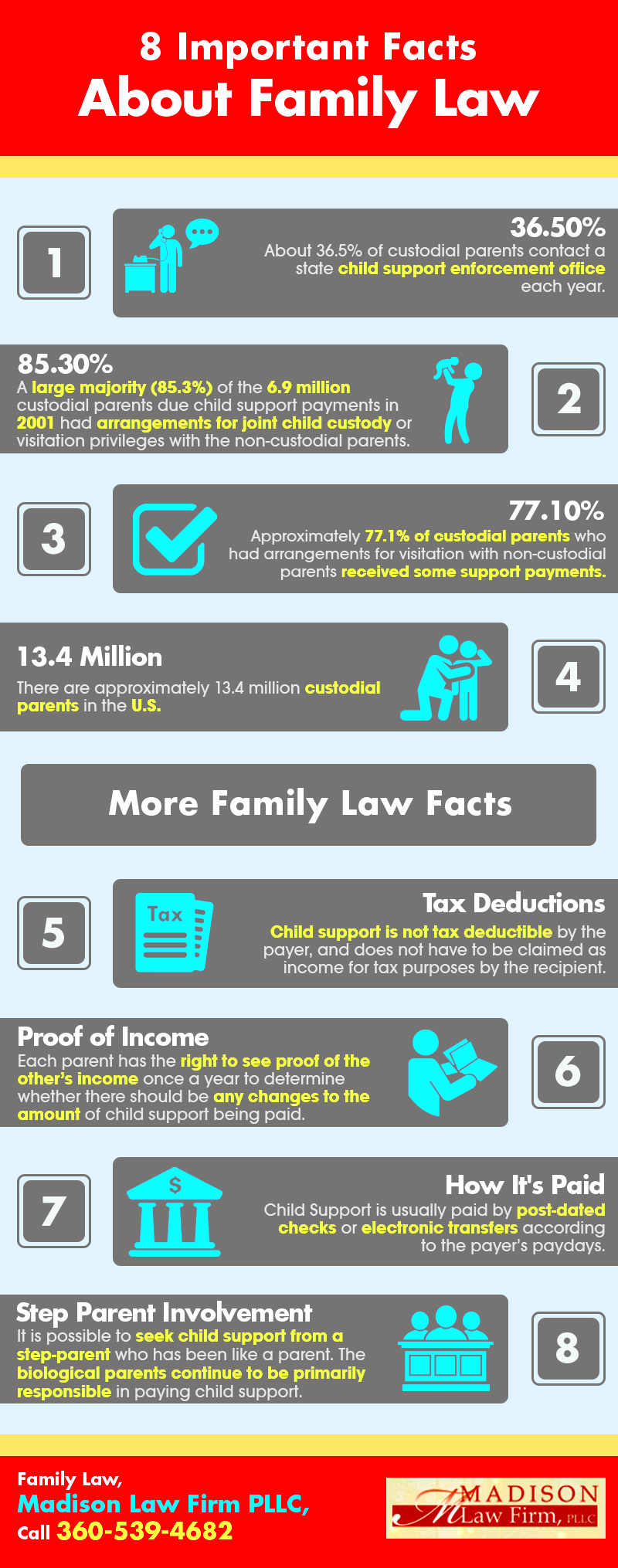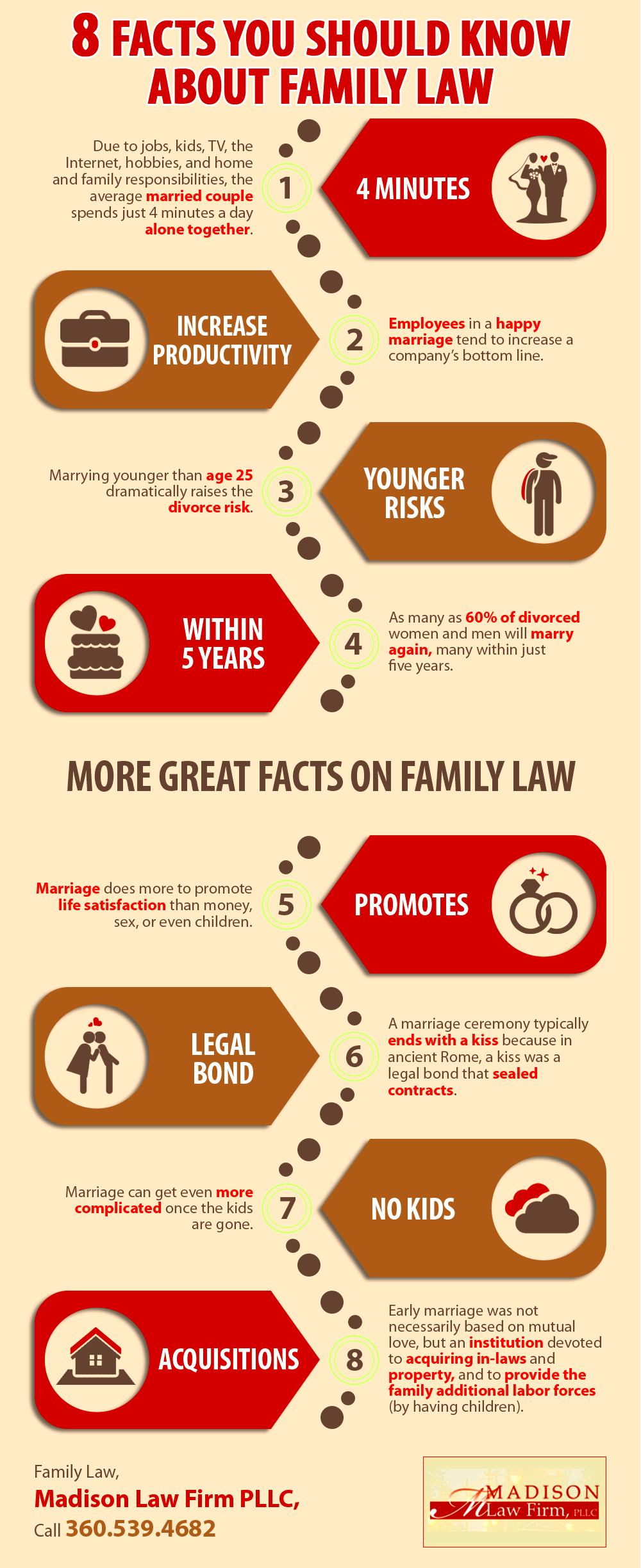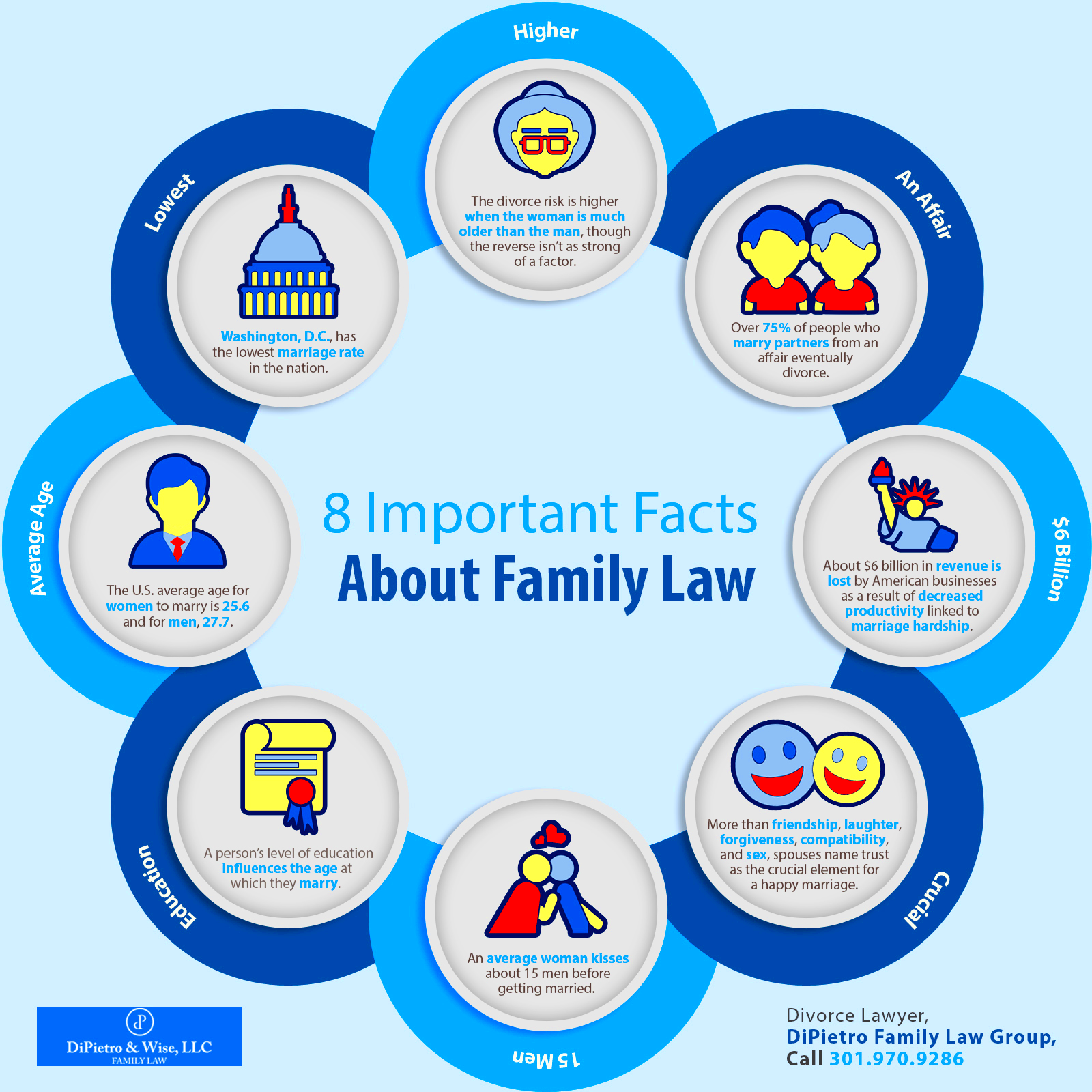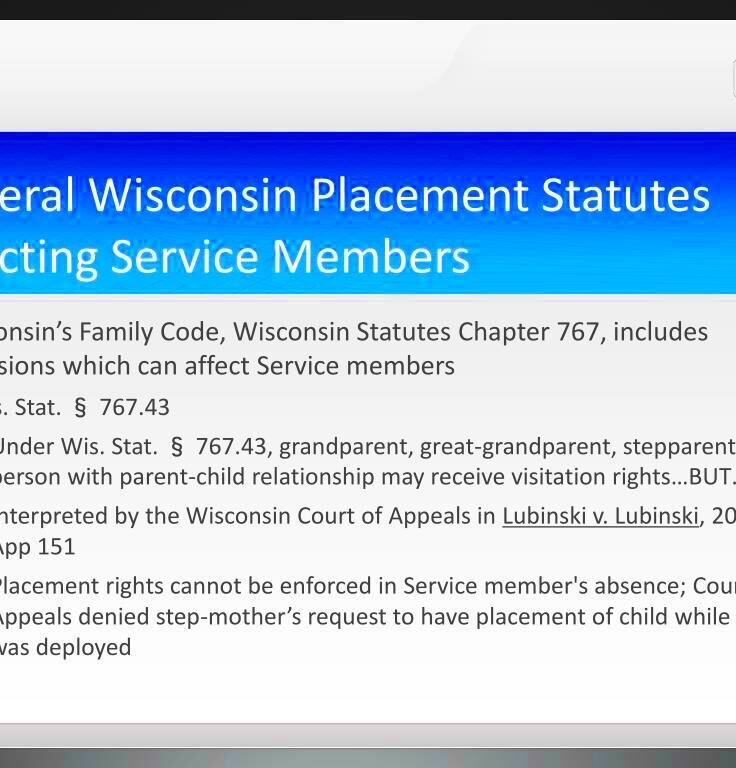Key Facts About Wisconsin Family Law
Comprehensive legal concerns affecting homes are addressed by Wisconsin family law. Divorce, child custody, spousal support, adoption, and domestic violence are all covered under this branch of law. The objective is to safeguard the rights of individuals and guarantee fairness in family-related legal issues. Anyone faced with any of these situations should understand Wisconsin family law – from contemplating a divorce to contesting custody. Understanding your entitlements and obligations will assist you in making choices that are advantageous to yourself and your family.
Understanding Divorce in Wisconsin

Separation and divorce in Wisconsin can be complicated. However, it pays to know the basics. Here are some important things to consider:
- No-Fault Divorce: Wisconsin is a no-fault divorce state. This means that you don’t have to prove wrongdoing by your spouse to get a divorce.
- Residency Requirement: At least one spouse must be a resident of Wisconsin for six months before filing for divorce.
- Filing for Divorce: The process starts when one spouse files a petition for divorce. The other spouse must be served with this petition.
- Waiting Period: There is a mandatory waiting period of 120 days from the date the petition is filed before the divorce can be finalized.
- Division of Property: Wisconsin follows the principle of marital property, meaning that assets acquired during the marriage are usually divided equally.
Engaging with a family law lawyer for guidance at every stage of divorce is the best plan if you want your rights upheld and also want to be on course through this complicated process.
Child Custody and Support Guidelines

In Wisconsin law relating to families, child possession and maintenance are vital topics. This knowledge can assist parents to make informed decisions about them:
- Types of Custody: Wisconsin recognizes two types of custody:
- Legal Custody: This gives parents the right to make important decisions about their child’s life, including education and healthcare.
- Physical Custody: This refers to where the child lives and who takes care of them daily.
- Best Interests of the Child: The court’s primary focus is always on the child’s best interests when determining custody arrangements. Factors include:
- Child’s age and needs
- Parental ability to provide a stable environment
- Existing relationship with each parent
- Child Support: In Wisconsin, both parents are responsible for child support. The amount is typically calculated based on:
- Income of both parents
- The number of children involved
- Time spent with each parent
A parenting plan that meets the wants of the child can be worked out by parents. But if they can’t reach an agreement, the court will decide in favor of the child.
Property Division During Divorce

For some couples, elaborate and costly quarrels happen when sharing a house or any other possession after they have separated. Wisconsin has adopted the policy of treating marital property; therefore, most possessions purchased in the course of sickness are communal. This is what you need to reduce:
- Marital vs. Non-Marital Property:
- Marital Property: Generally includes everything earned or acquired during the marriage, such as income, real estate, and retirement benefits.
- Non-Marital Property: This includes assets owned before the marriage, gifts received, or inheritances.
- Equal Division: Wisconsin aims for an equal division of marital property. This doesn’t always mean a 50/50 split, as courts consider various factors:
- The length of the marriage
- The financial situation of each spouse
- Contributions to the marital home and family
- Any agreements made before marriage
- Valuing Property: Accurate valuation of assets is critical. Common methods include appraisals for real estate or business valuations for business assets.
- Legal Assistance: Due to the complexities of property division, working with a family law attorney can help ensure that your rights are protected and that you receive a fair share of the marital assets.
Spousal Support Rules
Support from spouse which is commonly called as alimony is termed as financial payments given by one partner to another during or after their marriage dissolution. The purpose of spousal support in Wisconsin is to ensure that the lesser earning partner maintains an equivalent level of life after the dissolution. This is how it operates:
- Types of Spousal Support:
- Temporary Support: Paid during the divorce process to maintain living standards.
- Rehabilitative Support: Given for a specific period to help the recipient gain education or skills to become self-sufficient.
- Permanent Support: Generally awarded in long-term marriages or when one spouse cannot support themselves due to age or health issues.
- Factors Considered: Courts evaluate several factors when determining spousal support:
- The length of the marriage
- Each spouse’s financial situation
- Contributions to the marriage, including homemaking
- The recipient’s needs and the payer’s ability to pay
- Modification and Termination: Spousal support can be modified if there is a significant change in circumstances. It typically ends upon the death of either spouse or the remarriage of the recipient.
Adoption Process in Wisconsin
Procreation is one of the interesting methods to expand a family unit but has some own legal requisites and procedures. The typical process of adoption in Wisconsin comprises of avcluded procedures those are:
- Types of Adoption: There are several ways to adopt in Wisconsin, including:
- Agency Adoption: Involves a licensed agency to facilitate the adoption.
- Private Adoption: Arranged directly between the birth parents and adoptive parents.
- Stepparent Adoption: A stepparent can adopt their partner’s child with consent.
- Home Study: A home study is conducted to evaluate the suitability of the adoptive parents. This includes interviews, background checks, and home visits.
- Consent: Consent from the birth parents is crucial unless the parental rights have been terminated. Consent must be voluntary and informed.
- Court Hearing: After completing the necessary paperwork and assessments, a court hearing is scheduled to finalize the adoption. The judge will ensure that the adoption is in the child’s best interests.
- Post-Adoption Requirements: Once the adoption is finalized, adoptive parents must follow any post-adoption requirements, such as counseling or support services.
An attorney experienced in family law must be consulted having known that adoption entails a deep and meaningful journey which requires wisdom.
Domestic Violence Protections
Domestic violence is a serious issue that affects everybody compassionate. In Wisconsin, there are laws to protect people from domestic violence and keep them safe. Do the following protections make sense?
- Restraining Orders: Individuals can obtain a restraining order, also known as a protective order, to prevent the abuser from contacting them. There are two main types:
- Temporary Restraining Orders (TRO): These provide immediate protection and are usually granted quickly.
- Final Restraining Orders: Issued after a court hearing, these orders can last for several years.
- Law Enforcement Involvement: If you are in immediate danger, call 911. Law enforcement can help enforce restraining orders and take the abuser into custody if necessary.
- Support Services: Various organizations offer resources for victims of domestic violence, including:
- Crisis hotlines
- Shelters for safe housing
- Counseling and legal assistance
- Legal Remedies: Victims may seek compensation for damages resulting from domestic violence, including medical expenses and lost wages.
Remember that you are not by yourself and there is assistance given. In case you are a victim of domestic violence, please reach out for help to community resources or attorneys.
Frequently Asked Questions
The following are the frequently asked questions regarding family law in Wisconsin which may help you to clear your doubts:
- What is the residency requirement for divorce in Wisconsin?
At least one spouse must be a resident of Wisconsin for six months before filing for divorce. - How is child custody determined?
Child custody is determined based on the best interests of the child, considering factors like the child’s needs and the parents’ ability to provide care. - Can property be divided before the divorce is finalized?
Yes, property division can occur during the divorce process, but it’s often finalized in the divorce decree. - What if I cannot afford an attorney?
There are legal aid organizations that can provide assistance to individuals who cannot afford legal representation. - Is spousal support permanent?
Not necessarily. Spousal support can be temporary or rehabilitative, and it may change if circumstances change.
Conclusion
It is of utmost importance for anyone that is affected by family law matters in Wisconsin to know about it. Be it divorce, custody of children or adoption, knowing what one’s rights and options are can make a huge difference. It should be remembered that there are various resources such as legal aid and supportive services which help individuals cope with these difficulties. If you encounter a case of domestic violence, contact for help right away. The law was created for your protection and securing you. Do not wait if you need an experienced attorney’s support who will guide you during the process and defend your interests.


